
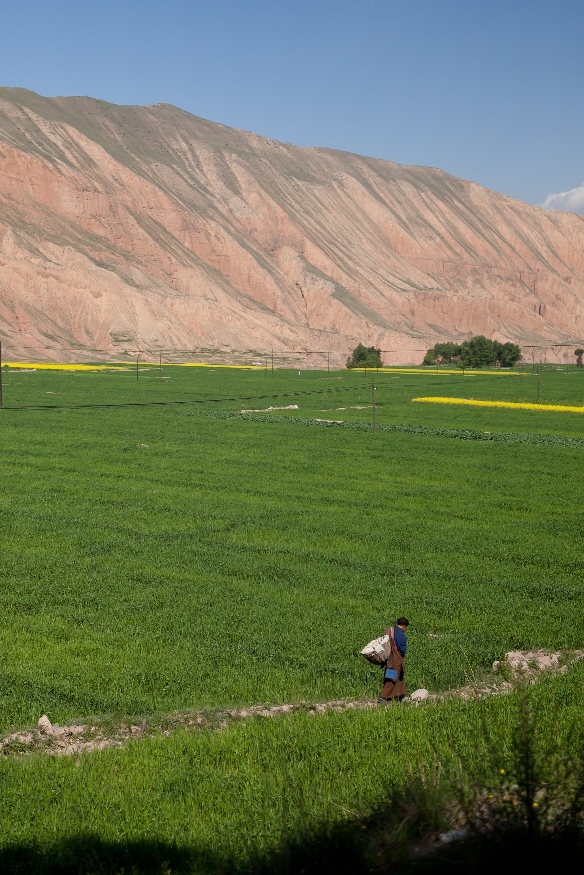
A farmer in arid Gansu (Source: Mike Moss/Creative Commons).
Extending across the provinces of Inner Mongolia, Qinghai, and Gansu, the Heihe River Basin is the second largest inland river basin in China. With a core drainage area of 130,000 km2, it is home to 121 million people, and roughly 74 million of them practice farming or animal husbandry. In recent years, water demand has rapidly increased, while water availability has decreased due to glacier retreat and groundwater depletion.
As a preliminary step to combat this looming crisis, a team of Chinese researchers set out to assess whether local farmers and herders were aware of glacial change and, if so, what their attitudes were toward state and local response strategies. The results, published last month in Theoretical and Applied Climatology, offer an intriguing look at the way local knowledge and state media intersect in rural China.
Guofeng Zhu, a professor of geography and environmental science at Northwest Normal University and the paper’s lead author, spoke with GlacierHub in Mandarin about the stakes of this research for farmers in the region.
"Alongside population growth and climate change in recent years, the pressures on the Heihe River Basin’s ecological system have become increasingly severe. Over 70 percent of the water used for agricultural irrigation comes from the river. The question of whether farmers can efficiently adapt is of grave importance to sustainable development in the region," Zhu said.
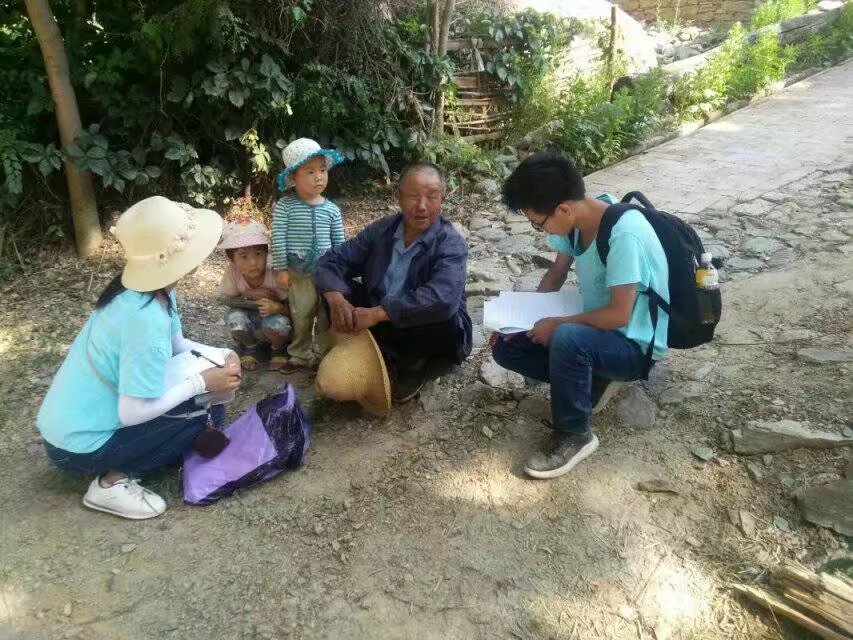
Researchers interview a local farmer (Source: Guofeng Zhu/Northwest Normal University).
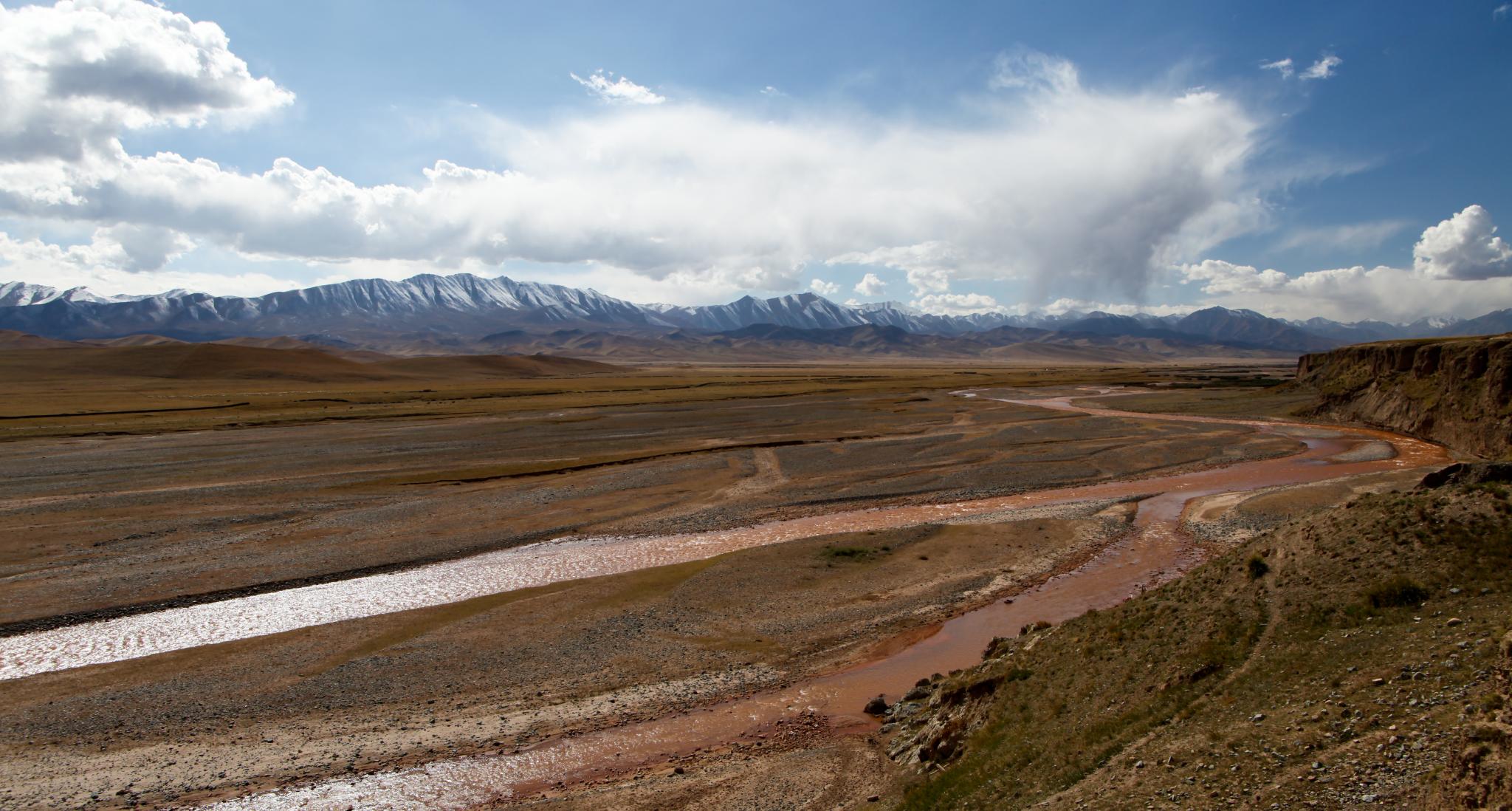
Runoff from the Qilian Mountains (Source: feelings3allen/Creative Commons).

Rivers sustain agriculture in this arid region (Source: Dan Lundberg/Creative Commons).
The farmers and herders interviewed seem to be acutely aware of the situation. Of respondents, 82.1 percent indicated that glacier retreat was a fact. Unsurprisingly, those living upstream near the glaciers themselves were most cognizant of this fact, having observed firsthand their retreat. Their perceptions of glacier retreat were also the most highly correlated with scientific observations. Education level was another strong predictor of whether farmers were aware of glacier retreat.
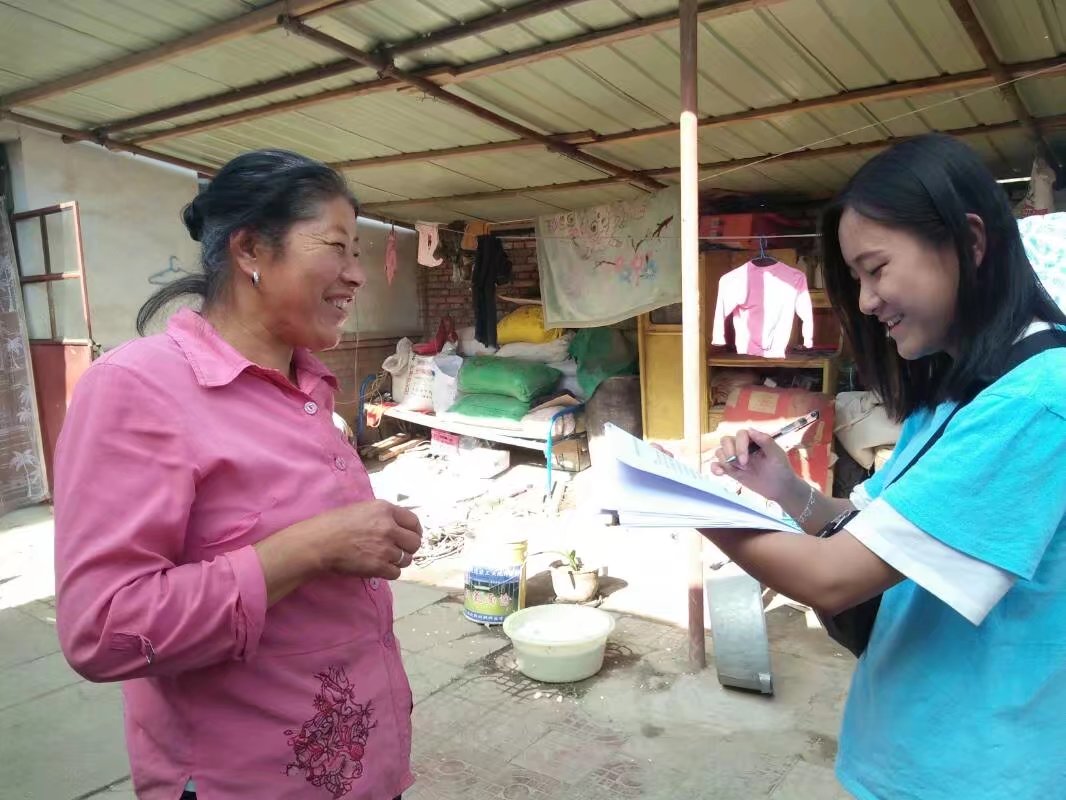
A farmer living in the midstream area is interviewed (Source: Guofeng Zhu/Northwest Normal University).
Gender, ethnicity and age had no impact on awareness of glacier retreat. 85.6 percent of farmers reported that they had heard about glacial change from television. However, simply being a farmer who watches television does not mean that one will become concerned with glacier retreat. The team interviewed farmers living in a nearby river basin who had a much lower reliance on glacier runoff and found that farmers there were less concerned about glacier change than those living in the Heihe River Basin. This finding suggests that concern for glacier change is associated with the degree of reliance on glacier runoff for livelihood.
While 90 percent of those polled believed that global warming is the primary cause of glacier reduction, roughly 30 percent of respondents did not believe that waste burning and car exhaust were factors. This attention to global, large-scale factors and the comparative lack of concern with local impact surfaced in other interesting ways. Respondents located the causes of air pollution in other, more industrial regions, and believed that changes to glaciers were the result of complex, trans-regional forces.
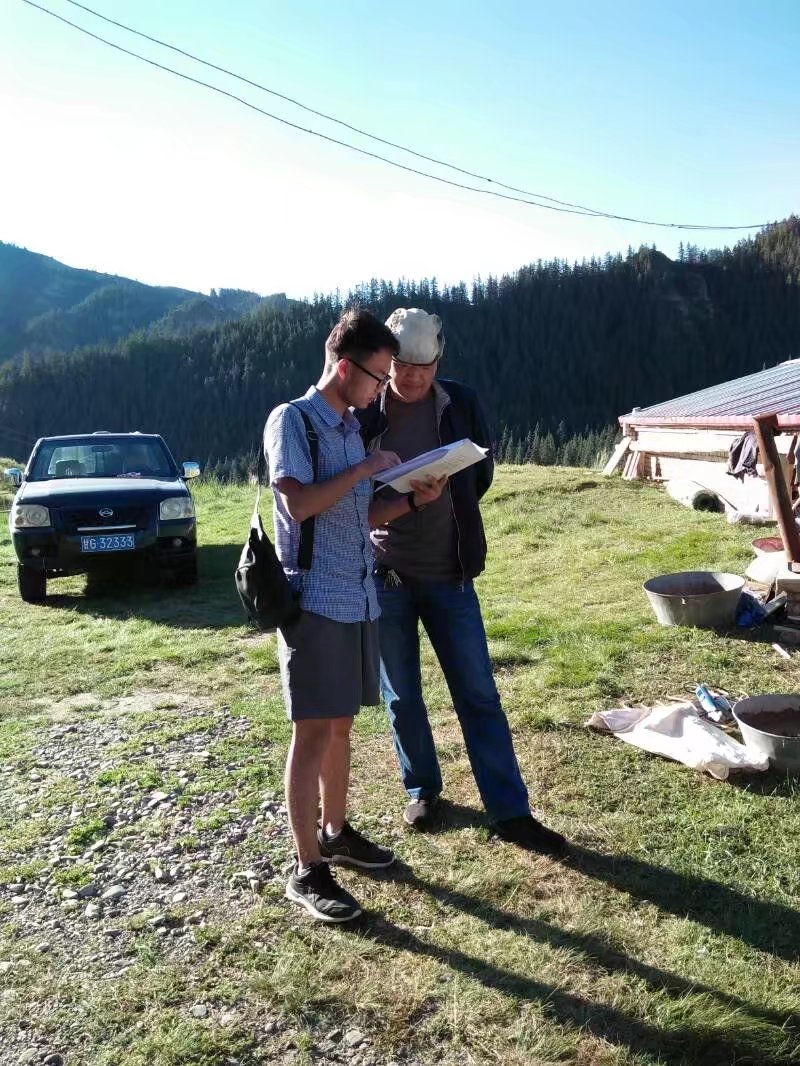
Accordingly, the burden of mollifying the impact of climate change was overwhelmingly seen to be the task of governments and transnational organizations: the U.N. (56.4 percent), central government (52.7 percent), and polluting enterprises (47.8 percent) were most responsible in the eyes of respondents, whereas just 21.3 percent believed that the local government was responsible for ecological restoration and management. Because most farmers did not believe they were responsible for causing glacial changes, only 11.1 percent responded that individuals or households should bear the burden of resolving the problem. The authors point to the role of the media in shaping these views, with many responses being impacted by news of the recent Paris Climate Agreement.
According to the authors, although outside expert knowledge is often inaccessible within these communities, it nonetheless plays a significant role in shaping local livelihoods. Farmers feel powerless before the hegemony of scientific knowledge: they are ever more uncertain of traditional knowledge and thus increasingly incapable of making important decisions for their own future. Zhu emphasized that farmers need to be encouraged to hold on to traditional knowledge and practices. “Our survey showed that farmers commonly view traditional herding and farming livelihoods as backward, and they aspire to urban life. That they psychologically reject farming and herding and are unfamiliar with traditional practices will weaken efforts at curbing climate change,” he said. By understanding farmers’ perceptions of glacier change, policymakers are better equipped to help them adapt to deleterious changes in their environment. (GlacierHub)

86-10-68597521 (day)
86-10-68597289 (night)

86-10-68511095 (day)
86-10-68512458 (night)

cas_en@cas.cn

52 Sanlihe Rd., Xicheng District,
Beijing, China (100864)

